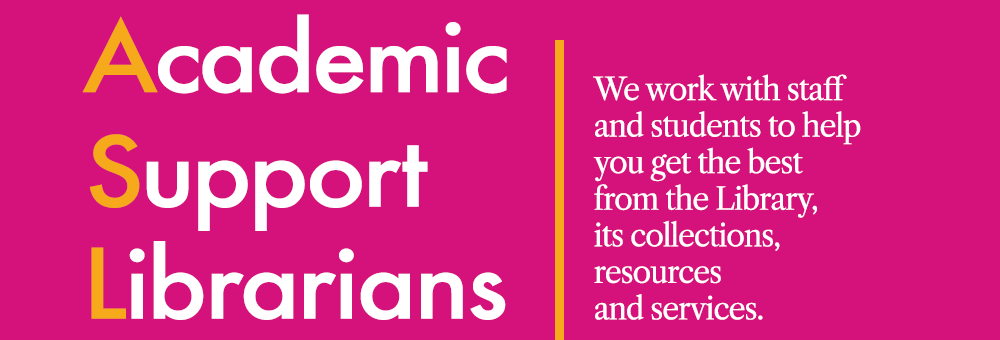Are you developing a search strategy for a systematic review or other evidence synthesis? Here we have collated a list of useful training and guidance resources to help you.
The Learn course LibSmart II: Advance Your Library Research has a whole module on Literature Searching for Systematic Reviews. LibSmart II can be found in Essentials in Learn. If you don’t see it there, contact your Academic Support Librarian and we’ll get you enrolled. You can work through LibSmart at your own pace, and return whenever you need.
For self-paced training on the whole process of conducting a systematic review, Cochrane Interactive Learning has modules created by methods experts so you build your knowledge one step at a time.
If you are a student conducting a systematic review, we can highly recommend the book Doing a Systematic Review (2023). With a friendly, accessible style, the book covers every step of the systematic review process, from planning to dissemination.
We also have several recorded presentations on systematic reviews on our Media Hopper channel, including Building complex searches for systematic reviews and How to test your systematic review searches for quality and relevance as well as introductions to databases like Medline and Web of Science.
For even more advice about systematic review searching, see the library’s subject guides on Systematic reviews
—–
What’s so different about a systematic review search strategy?
According to the Cochrane Collaboration, a leading group in the production of evidence synthesis and systematic reviews;
systematic reviews are large syntheses of evidence, which use rigorous and reproducible methods, with a view to minimise bias, to identify all known data on a specific research question.1
This is done by a large, complex literature search in databases and other sources, using multiple search terms and search techniques. This might include Boolean operators, truncation, phrase searches, and database subject headings. Find out more about these search techniques on the Library subject guide to Literature Searching.
Traditional literature reviews, such as the literature review chapter in a dissertation, don’t usually apply the same rigour in their methods because, unlike systematic reviews, they don’t aim to synthesise all known data on a topic. Literature reviews can provide context or background information for a new piece of research, or can stand alone as a general guide to what is already known about a particular topic2.
—–
You can contact your Academic Support Librarian for advice on literature searching, using databases, and managing the literature you find.
—–
References
- Higgins, J., et al., Cochrane Handbook for Systematic Reviews of Interventions version 6.4 (updated August 2023). 2023, Cochrane.
- Mellor, L. The difference between a systematic review and a literature review, Covidence. 2021. Available at: https://www.covidence.org/blog/the-difference-between-a-systematic-review-and-a-literature-review/. (Accessed: 20 March 2024).








 In February we celebrate
In February we celebrate

